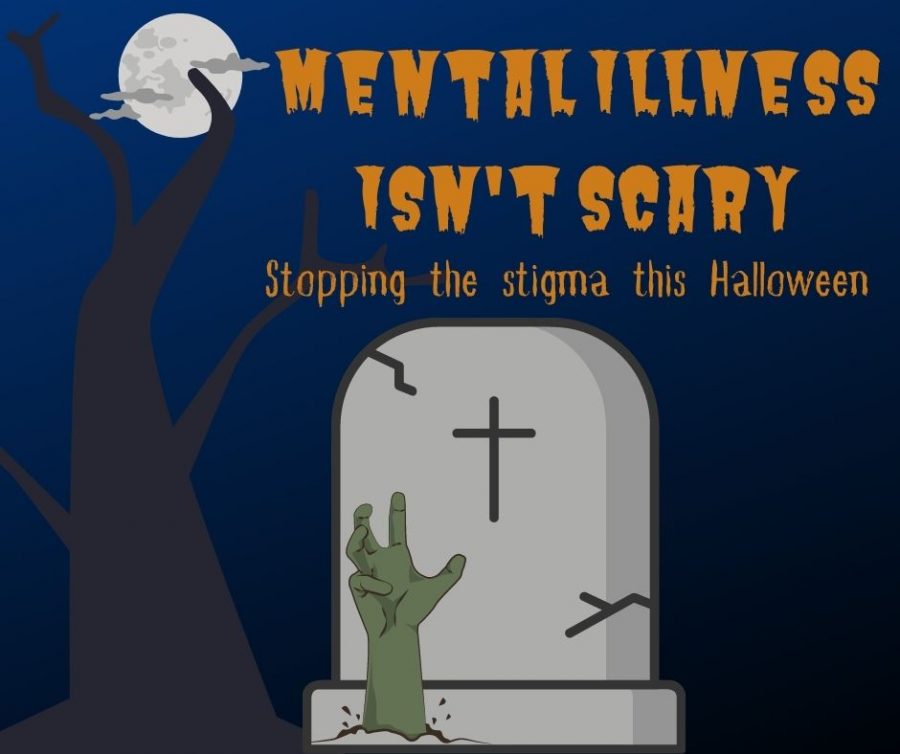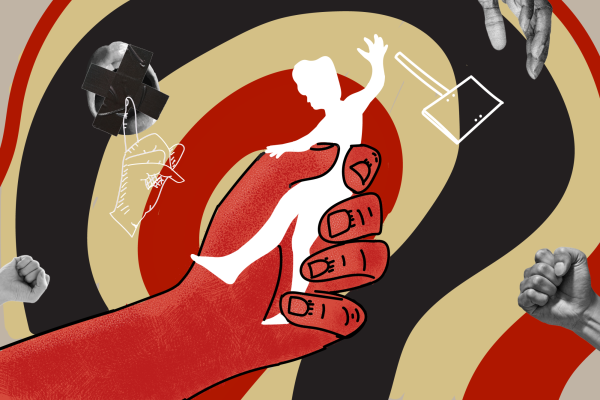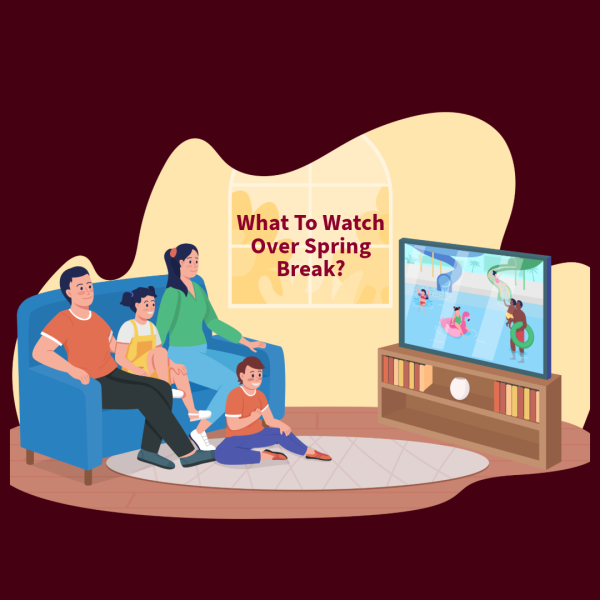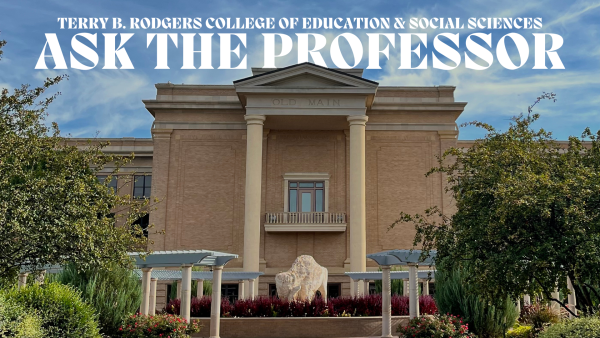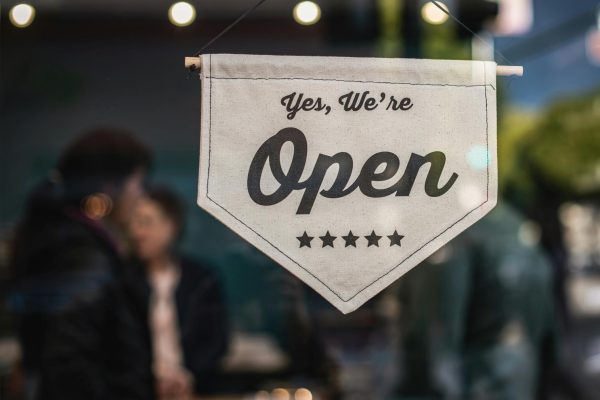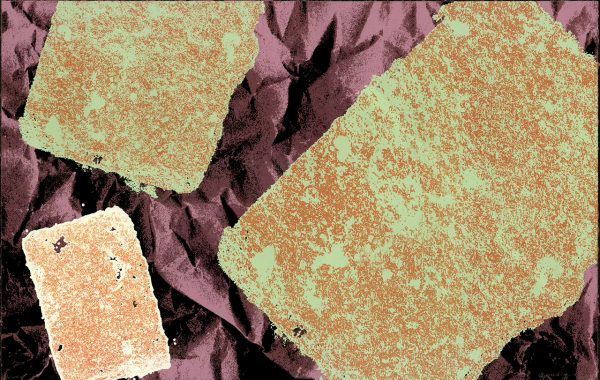Mental illness isn’t scary: Stop the stigma this Halloween
Halloween, a glorious holiday adored by many all over the world celebrates all things scary and spooky. Dressing up in costumes, decorating your house, carving pumpkins, and watching Halloween movies are hallmarks of this cherished season. Unfortunately, this beloved spooky holiday also comes with challenges and discrimination for individuals experiencing mental health issues.
It is common to see haunted houses and costumes in stores that center around the fear of mental illness. Mental patient costumes are for sale with descriptions like, there’s nothing creepier than a mental hospital. Well, except for maybe encountering one of the psychotic mental patients!
Horror films such as “Halloween” or “My Bloody Valentine” depict individuals experiencing ill mental health as wicked and mental health care environments as unsafe. These stereotypes and tropes of individuals with mental illnesses are detrimental to the understanding and perception of those with mental health issues.
So why does mental illness get lumped in with the ghouls and goblins of Halloween? Individuals with mental illnesses are often incorrectly labeled as dangerous and unpredictably violent. Psychosis, which is when individuals experience loss of touch with reality, is more commonly stigmatized by the media than other mental health issues. The inaccuracies of psychosis and mental health issues depicted in films may be held as truths, creating a misunderstanding by the general public.
These negative stereotypes regarding mental illnesses result in prejudice and discrimination towards children and adults living with mental illnesses. These costumes, attractions, and films are offensive and insensitive to both those living with mental health issues and the caretakers, professions, and institutions that support them.
Individuals with mental illness are not scary or dangerous and it is important to stop perpetuating harmful and negative stereotypes. Mental health issues are common. Eighty-nine percent of college students are experiencing stress or anxiety. Additionally, 25% students reported a significant increase in their depression as results of the COVID-19 pandemic.
You can help fight the stigma of mental illness this Halloween. First, think about your costume this year. When you go to choose a costume, carefully consider if it might foster misconceptions about individuals with mental illness, or if it is culturally appropriating.
Second, avoid attractions such as haunted houses that perpetuate stigma. One way to do this includes resisting paying an admission or visiting local attractions that feature mental patients or instances of psychosis.
Third, decorate your home or space appropriately. Your Halloween decorations should reflect appropriate Halloween themes like ghosts, witches, goblins, zombies, pumpkins, cornstalks, and spider webs.
Finally, stand up against the stigma that you see. If it feels safe, speak up and speak out. The fight against mental health stigma is a fight for everyone. Remember that mental illness is not a Halloween costume while you enjoy the Halloween holiday this year.



